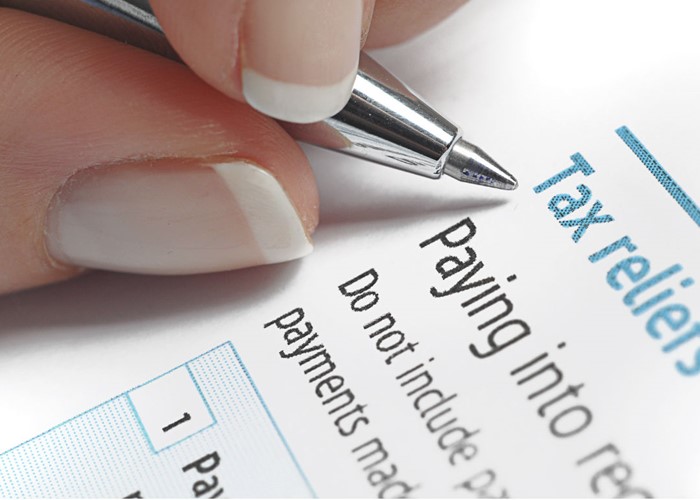Eight reasons you'll never be truly debt free

If you're guilty of these eight mistakes, you'll never truly be free of debt.
As you know we help people who are struggling with debt problems but we also want to prevent people having debt problems in the first instance.
But every day we hear from callers about financial problems that could have been easily avoided. With a little foresight they could have kept their finances on the straight and narrow.
If you’re guilty of even a couple of these bad behaviours you’ll never be truly debt free unless you deal with them sooner rather than later.
You don’t have the correct insurance
We’ve blogged before that the most common causes of debt are sudden life shocks such as redundancy, relationship break up or a death in the family. There are relevant insurances you can get for all three of these scenarios. It’s vital to make sure that you’re covered for the unexpected (remember to shop around for the best deals on insurance).
You don’t have emergency funds
It’s important that you build up an emergency fund; the best way to do this is to set up an automatic deduction from your bank account each month just as your wages hit it. The fund can build steadily over time for when things go wrong.
Car costs, household appliances going kaput and other unexpected expenses can arrive suddenly and you’re a lot better off having some of your own money to use, rather than have to take on debt to cover sudden unforeseen costs.
You fall for tricks like 0% or interest free
A 0% interest credit card might sound like a good idea. Indeed, it probably is a good idea if you can afford to pay the balance back when the 0% deal ends (and you’re buying something you need). However if you can’t afford it you might find that when the rate suddenly rises you’ll be stung for high interest, and another 0% deal hard to come by.
Interest-free offers from retailers work on the same principle; as long as you pay back by a certain date there’s no interest. However if you miss the deadline by one day you’ll find that interest has been added on starting from the day of your original purchase. Our blogpost about retail tricks that are debt traps is helpful on this subject.
‘Free’ deals can be good, but only if you can afford to keep them free.
You consolidate
We rarely recommend taking out a consolidation loan as a good debt solution. Taking out one to clear debt often just kicks the problem further into the future.
When people look to a consolidation loan they often don’t realise they are increasing the level of debt that they have and are making the repayment period a lot longer.
And if you do take one out to clear credit card debt, make sure that you cut up and cancel the now-cleared cards - we find many people use the cards again in an emergency. This can often be the start of a debt spiral…
You continue to borrow money (the debt spiral)
You’ve cleared the credit cards with a consolidation loan, but you’ve run into some unexpected trouble (hours cut at work or an unexpected illness are common examples). You’ve started spending on the cards again to cover essential costs and gradually the cards get back to the very limit. You don’t realise it yet but you’re slowly starting on a debt spiral.
You hope the situation will soon change, but in the meantime you’ve also maxed out your overdraft and possibly borrowed money from family and friends.
Sadly in cases like these the situation doesn’t always get better and often people continue to borrow more and more money as the debt spiral gathers momentum. We’ve found that many people with a debt problem take over a year before they seek financial assistance. During this period they usually survive by continuing to borrow money and worsen their financial position.
If you have a problem with your finances you need to seek help quickly.
You make the minimum payments
If you have a few credit cards and you’re happily paying the minimum payments, you might not think you have a debt problem. You might even be thinking of taking out another credit card as you can ‘afford’ the payments.
Many people don’t realise that if you have a £3,000 credit card balance at 21 years of age, and only make the minimum payments, it could take you until you're at least 50 to repay the balance.
You don’t budget or plan
Most people don’t do a budget; we’ve blogged before about the importance of one. Even spending an hour a week looking at your income and expenditure will pay dividends over the longer term. Combine this with using a spending calculator like MoneyTrack.
You pay for debt advice
Once you have realised that you have a debt problem, you don’t need to pay for debt advice: we offer impartial debt advice completely free of charge.
If you’re worried about personal debt why not try out online counselling service Debt Remedy. You can easily and quickly find the best debt solution based on your own individual circumstances and at least avoid one of the eight reasons you’ll never be debt free…
Comments
Be the first to comment
Do you want to comment on this article? You need to be signed in for this feature